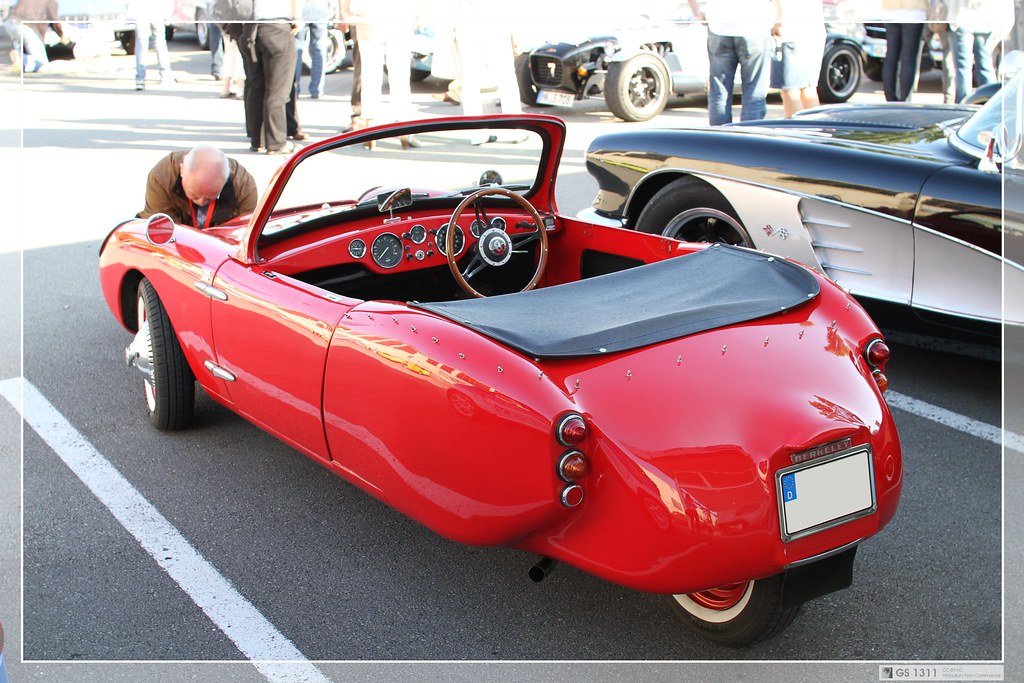Despite its brief one-year production run, the Berkeley T-60 garnered popularity as an accessible “sports car” upon its introduction to the market in 1960.

During the 1950s and 1960s, three-wheeled cars enjoyed great popularity in Great Britain. These vehicles did not necessitate a separate car license for individuals with a motorcycle license.
During the limited time when the Berkeley Coachwork Company, typically engaged in the production of house trailers, ventured into the automobile manufacturing realm, more prominent and established car manufacturers would have envied the on-track success achieved by Berkeley cars.

Berkeley sports cars gained distinction for their utilization of lightweight fiberglass monocoque “tubs,” resulting in an overall weight of approximately 700 pounds, in lieu of the conventional steel frame used to support fiberglass body shells. This configuration delivered an exceptionally low center of gravity, granting these petite two-seaters superior cornering abilities compared to most other vehicles on the road. While their top speed of 60mph may not have been particularly remarkable, Berkeley cars nonetheless excelled in competition against rival sports cars such as those from Fiat and Abarth.
Expanding upon their proven formula of crafting lightweight, economical vehicles renowned for their exceptional road-holding capabilities (often propelled by various two-stroke, two-cylinder engines, which typically achieved close to 60 mpg), the Berkeley Coachwork Company broadened their lineup in 1959 with the introduction of the T-60, a three-wheeled quasi-motorcycle.

This Berkeley can be viewed as a reverse layout of the Bond Minicar, in that a pair of chain-driven wheels sat at the front with a single wheel at the rear, whereas the Bond had a single driven wheel at the front with a pair of non-driven wheels at the rear.
Available body styles were limited to hardtops and convertibles, although a four-seat T-60 was introduced in 1960. Powering this little “trike,” which rode on 12-inch rims fitted with Michelin rubber, was an Excelsior 328-c.c. (20 cubic inches), 18 horsepower two-stroke two-cylinder engine mated to a four-speed manual gearbox.

Although production and export records are spotty, it is reported that some 1,800 of the T-60s were constructed from 1959-61 with a fair amount being brought into the U.S., primarily for the West Coast market.

The T-60 found success within the British domestic market, but the United States had started to lose interest in micro cars. Nevertheless, it made its way into the States through an importer based in California. Berkeley persisted in car production, unveiling several distinct models following the T-60. However, by 1961, the Berkeley Coachwork Company reverted to its original focus: manufacturing house trailers. Consequently, this charming British three-wheeler gradually faded into obscurity.










